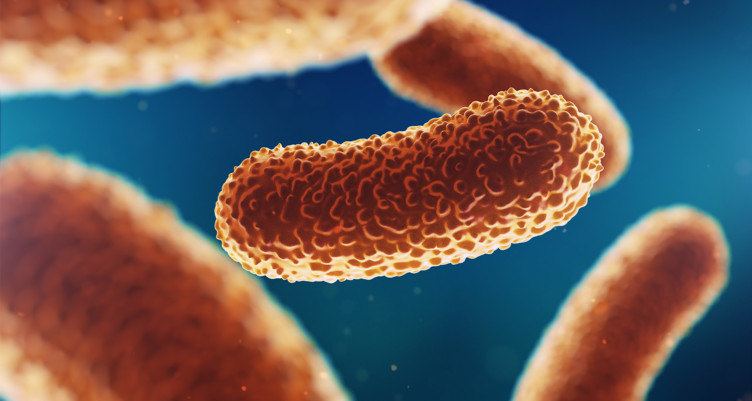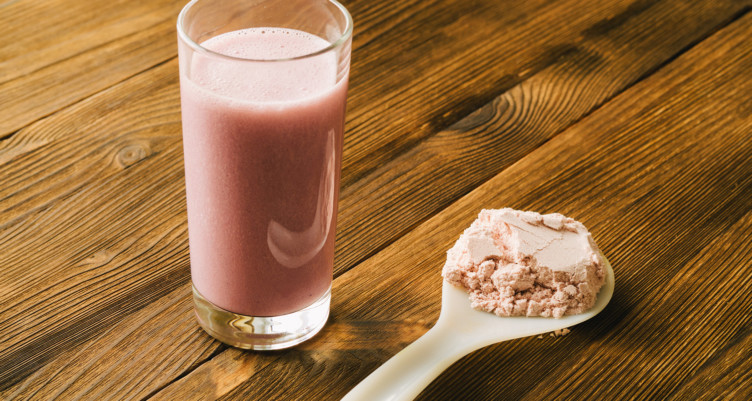Gut Bacteria and Weight Management: What You Need to Know

- Your gut is full of more than 1,000 species of bacteria. Research shows that obese and lean people have different types of bacteria in their gut.
- Changes in your gut bacteria impact your metabolism, how effectively your body turns food into energy and your overall body fat.
- If your gut bacteria are causing hormonal imbalances, it can show up on the scale.
- To support your gut health, follow a low-toxin, high-nutrient diet and try gut health supplements like Bulletproof InnerFuel Prebiotic.
Not losing weight? Your stubborn gut bacteria may be to blame. A growing body of research says that your gut microbiome affects your entire body, from your hormones to your metabolism. If your gut is out of whack, those stubborn bacteria can hamper your weight management efforts and keep you from feeling your best. Here’s what you need to know, plus tips to take back control of your gut health.
The science behind gut bacteria and weight management

Your gut is full of more than 1,000 species of bacteria, all of which work together to digest your food, keep your immune system strong and remove toxins.[1] Everyone has a unique gut microbiome, which is affected by everything from your diet to your genes. Your weight is another key factor.
Research has found that obese and lean people actually have different types of bacteria in their gut. In a 2016 study, researchers compared the gut microbiomes of obese and lean volunteers.[2] The lean group had more diverse, anti-inflammatory gut bacteria. In comparison, the obese group had significantly more inflammatory gut bacteria and less bacterial diversity.
Other researchers have found similar results. One study put genetically-similar mice on a high fat diet. The mice gained or lost weight depending on the types of bacteria in their gut.[3] Another study looked at 77 pairs of twins: One twin was obese, the other wasn’t. The researchers found that the obese twin had different gut bacteria—as well as less bacterial diversity—than their non-obese twin.[4]
How your gut controls your waistline

As more and more research points to the relationship between your gut health and your weight, the next natural question is: Why? How can a bunch of microscopic organisms decide whether or not you fit into your pants?
Changes in your gut bacteria impact your metabolism, how effectively your body turns food into energy and your overall body fat.[5] Studies have found that a diverse mix of bacteria in the gut is key to staying at a healthy weight, and naturally slender people have more of a bacteria from the Bacteroidetes phylum.[6] [7] Obese people have more Firmicutes bacteria in their guts, which is correlated with weight gain.
Here are some possible explanations:
- Firmicutes consume more energy than Bacteroidetes, which means obese people may absorb more calories from food than lean people—even without a change in diet.
- If your gut bacteria are in a bad state, that can show up on the scale.
- Hormonal imbalances can impact how full you feel after meals, drive you to binge on foods when you’re stressed, and even make you store fat.
How to support your gut bacteria for weight management

Good news: You have the power to take control of your gut and support a thriving, healthy digestive system. Read on for our best tips. Remember, if you’re dealing with chronic digestive issues, talk to your doctor.
Eat your vegetables (and chocolate)

Help your beneficial Bacteroidetes bacteria thrive by eating foods bursting with antioxidants called polyphenols. Polyphenols are found in brightly colored vegetables, coffee and chocolate.
You’ll also want to cut the sugar and starch to starve the bad gut bacteria. Here’s why: Gut microbes make a hormone called FIAF (fasting-induced adipose factor) which tells the body to stop storing fat and burn it instead. To ramp up FIAF production, ditch the candy and white bread. When bacteria are “hungry,” they make more FIAF, and you burn fat.[8]
A low-toxin, anti-inflammatory, high-nutrient diet will help good bacteria thrive and keep the bad guys at bay. The Bulletproof Diet is a great place to start.
Experiment with prebiotics and probiotics

You might have heard of probiotics, or gut-boosting microorganisms found in fermented foods like kefir and sauerkraut. Not a lot of people know that these microorganisms need to feed on prebiotics in order to flourish. Prebiotics are a type of fiber you can find in foods like asparagus and artichokes, or supplements like Bulletproof InnerFuel Prebiotic.
Other supplements called synbiotics combine probiotics and prebiotics into one product that helps good gut bacteria thrive. Bulletproof Gut Health Collagen Protein contains prebiotic acacia and probiotics to support a healthy gut microbiome, one scoop at a time.
Taking care of your digestive health is a big deal in a world where everything from stress to industrial meat impacts your gut microbiome. Even something as simple as antibacterial soap can make bad bacteria more resilient.[9]
These tips are just a start. Keep reading to learn how your gut health and immunity go hand-in-hand.
Sign up for early access to sales, product launches, the latest Bulletproof news and more!



